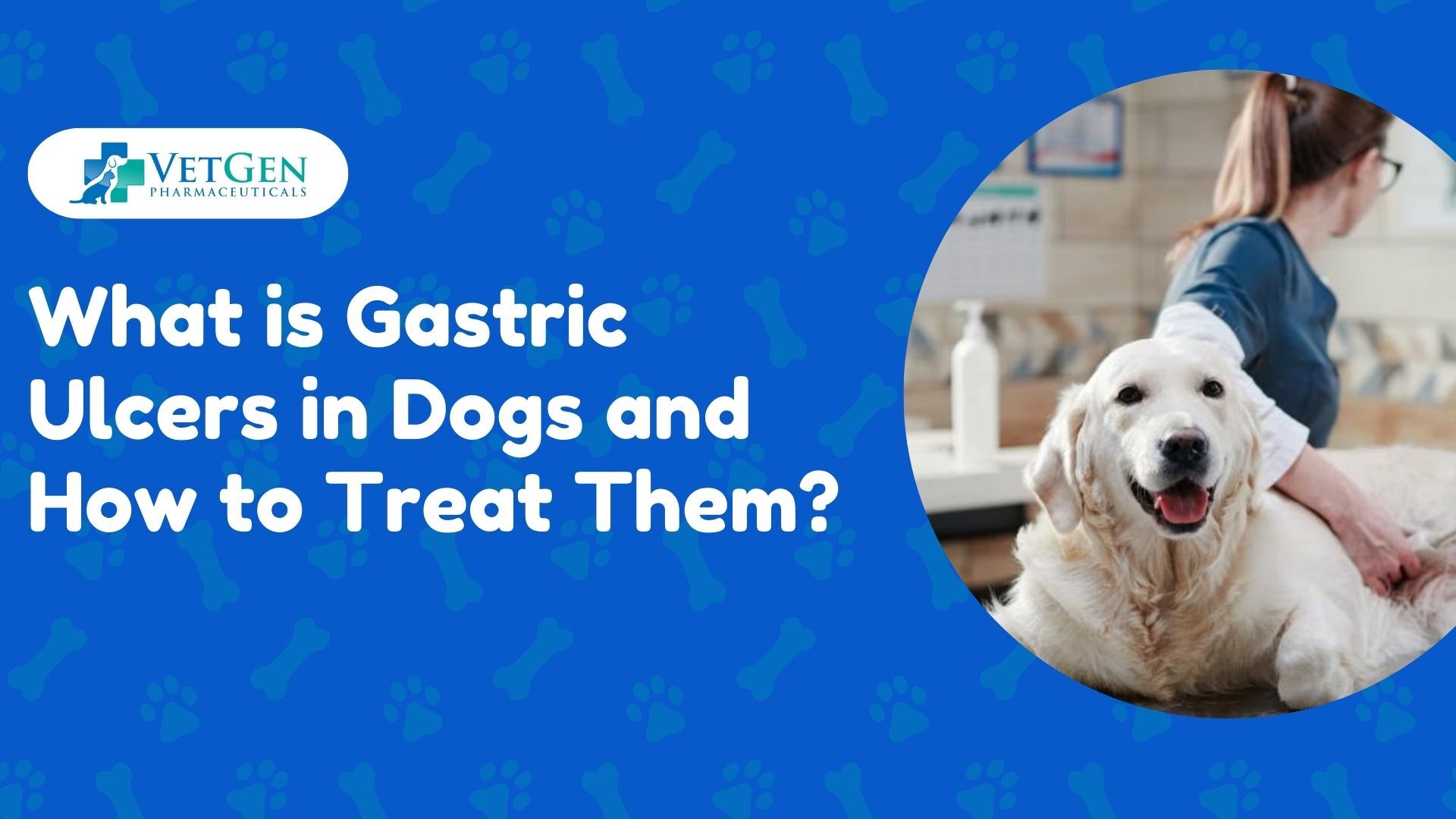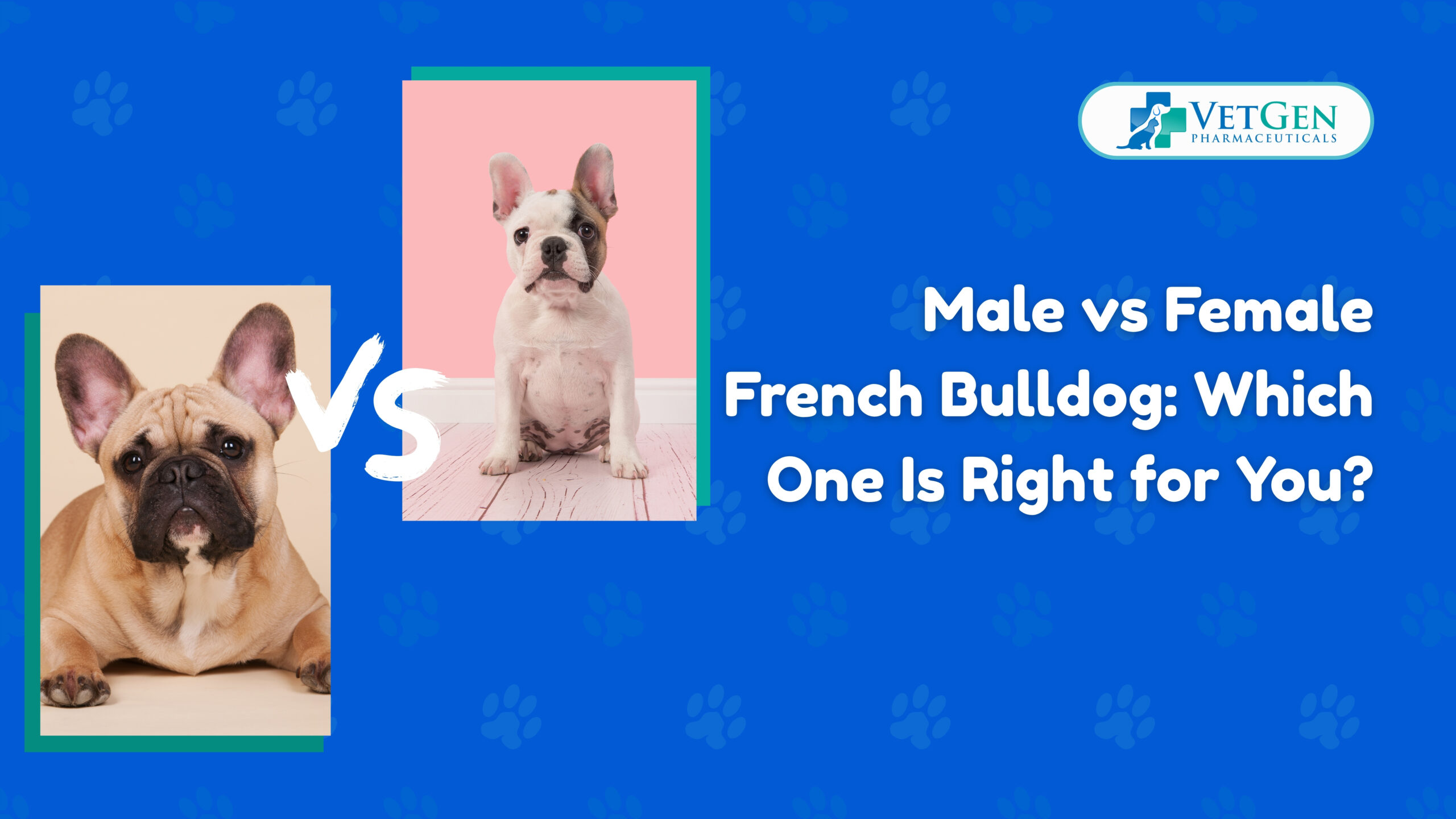Gastric ulcers are one of the major health issues encountered by dogs, and unless treated properly, they can become quite threatening. This is not something that only a particular breed or size of dog suffers from. Knowing the symptoms, causes, and treatments can aid any dog owner by showing them how they should act if this ever arises.
A gastric ulcer is an erosion or sore that develops on the lining of the stomach, which is caused by the disruption of the protective mucosal layer, exposing the stomach to stomach acids. This article gives an in-depth discussion about gastric ulcers but is more oriented on identification, treatment, and prevention while guiding one on the time when veterinary care is necessary.
What is a Gastric Ulcer?
A gastric ulcer is an erosion of the lining that cannot protect the stomach from the digestive juices. It has acidic properties that digest food in the stomach, and sometimes one can develop painful sores or bleeding with the penetration of the stomach wall. Conditions vary from mild irritation to severe ones that require urgent attention from a doctor.
While gastric ulcers in dogs are less common than in humans, it is a cause for concern. Dogs with gastric ulcers will exhibit several symptoms, and for most of them, the symptoms have taken some time to appear. Early diagnosis and treatment of gastric ulcers among dogs can greatly enhance the quality of life and prevent serious damage.
Gastric Ulcers in Dogs Symptoms
Gastric ulcer symptoms may be hard to determine at times since they may be non-descript or mistaken as another disease affecting the gastrointestinal tract. Some of the symptoms may include:
- Vomiting: dogs are usually vomiting with or without blood.
- Loss of Appetite: a dog that stops eating or is less interested.
- Lethargy: If the dog becomes sluggish or unwilling to even move.
- Abdominal Pain: The dog will experience a sore spot around the abdomen when touched
- Weight Loss: Ulcers may lead to apparently involuntary weight loss ulcers that could be chronic.
- Diarrhea: Some ulcers also lead to gastrointestinal upset with looseness and/or blood in stools.
If any of them happen or worsen, further veterinary care is needed to establish a diagnosis and institute treatment accordingly.
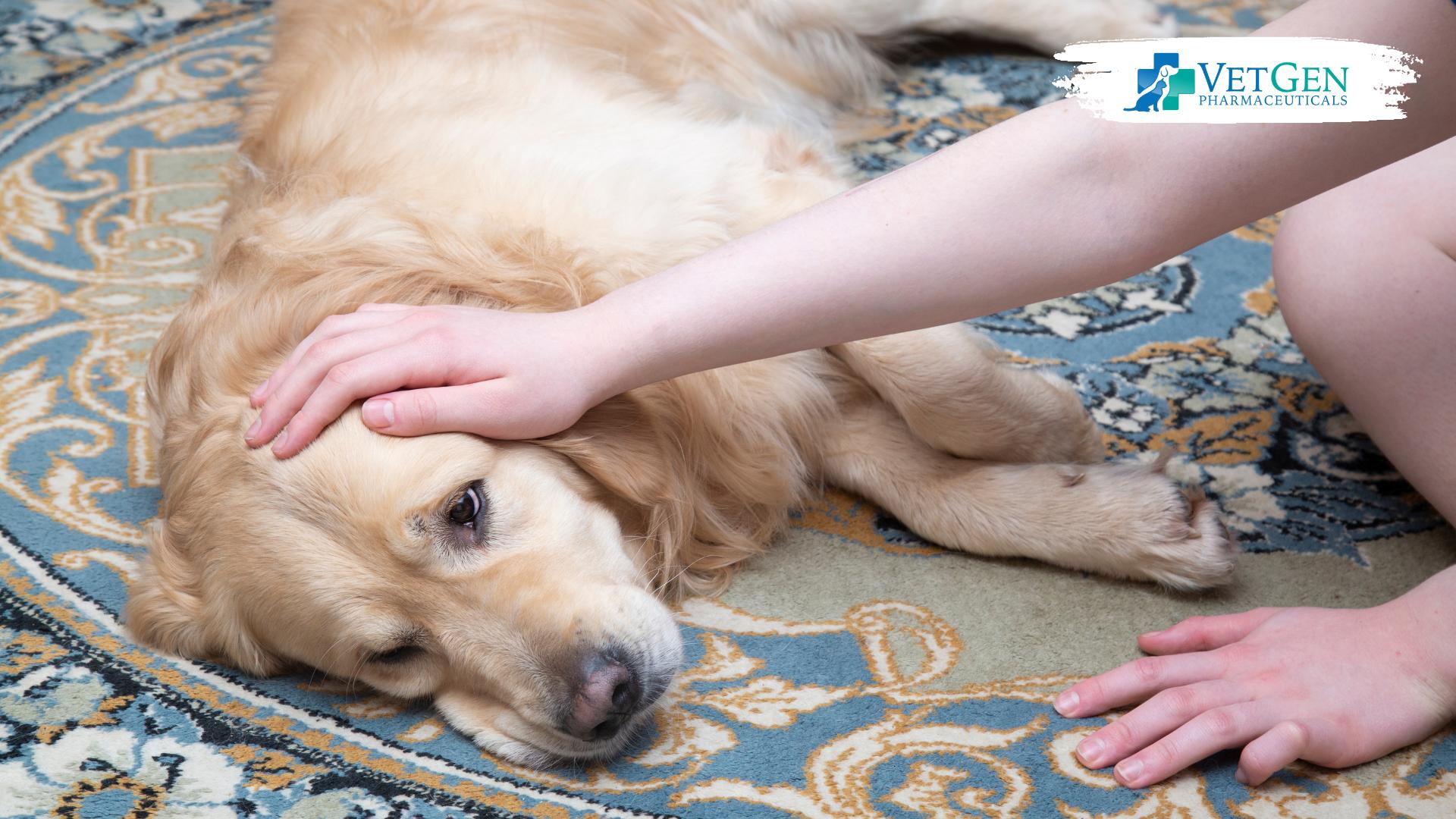
Causes of Gastric Ulcers in Dogs
Several factors can cause gastric ulcers in dogs. Understanding what causes this will help in preventing the disease from getting worse or reoccurring. The major causes are as follows:
Medications
NSAIDs, which include aspirin or ibuprofen, increase the risk for ulcers when administered over a long period as they can destroy the stomach lining.
Stress
When stress or anxiety persists over a protracted period, the stomach secretes excess acidic fluid, making the stomach lining weak.
Infections
Bacterial infections, particularly by Helicobacter species irritate within the stomach and lead to the formation of ulcers.
Tumors
Some tumors such as mast cell tumors cause excessive release of histamine that leads to an increase in acid production within the stomach.
Diet
A wrong diet or food allergy may irritate the stomach leading to ulcers.
Gastric Ulcer Diagnostics
The diagnosis of gastric ulcers in dogs follows a combination of veterinary examination, medical history review, and diagnostic testing. A veterinarian can confirm the presence of an ulcer through the following methods:
Endoscopy
This is by the insertion of a small camera that will inspect the lining of the stomach for ulcers.
Blood Tests
Blood Work can detect signs of anemia caused by bleeding ulcers or infection.
X-rays
These can be radiographs that present abnormalities in the stomach or digestive tract.
It is of utmost importance that gastric ulcers are detected at an early stage since if left untreated, it can lead to fatal perforation complications.
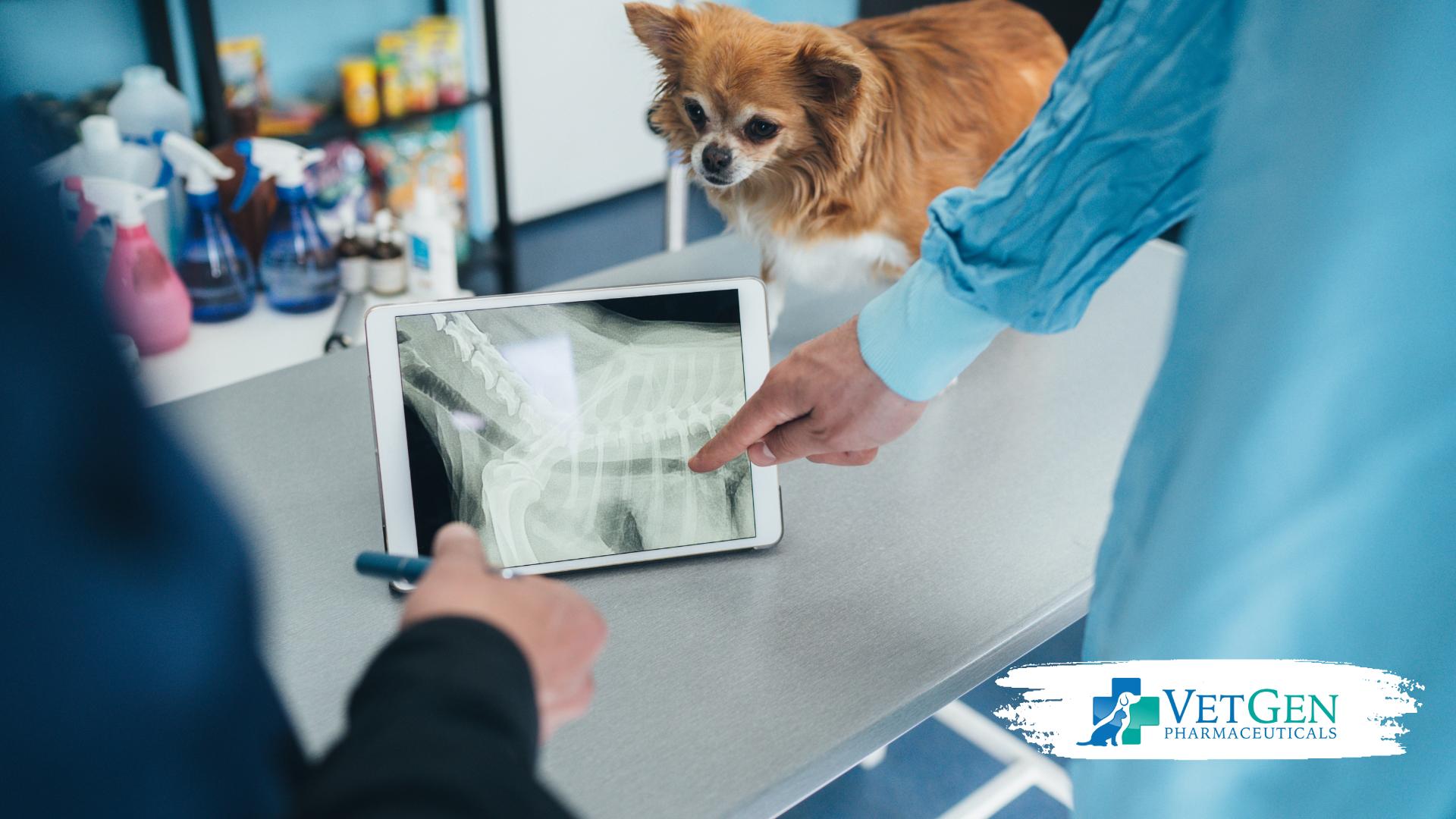
Treatment of Gastric Ulcers in Dogs
In dogs, the treatment of gastric ulcers depends on the cause and the gravity of the ulcer as well as the general well-being of the dog. A veterinarian may prescribe one of the following treatments:
Dietary Manipulation: A bland, easy-to-digest diet is usually prescribed. This limits irritation while healing occurs.
Surgical Intervention: Surgery is sometimes required, either due to a perforation of the intestine or failure to treat the ulcer.
Healing usually occurs within weeks. Repeated veterinary check-ups may be necessary to monitor healing and change treatment if needed.
Prevention of Gastric Ulcers in Dogs
Prevention of gastric ulcers demands careful management of factors that may predispose to them. The following measures are some of the effective ways:
Careful Medication Use
Avoid giving NSAIDs for extended periods to your dog. Seek a vet before administering any medication to a pet.
Minimize Stressors
Reduce stressful change situations for your dog and live with your dog in a serene, stable environment.
Balanced Diet
Feeding a good, quality diet to meet the nutritional needs of your dog. Avoid feeding foods that may irritate your dog’s stomach or cause allergies.
Regular Veterinary Checkups
You should have regular health checks such that any defect can be seen early and treated before the disease gets worse, even becoming ulcers in such organs as the stomach.
Preventive measures taken by a dog owner will help such an animal avoid many instances of gastric ulcers and help in maintaining a healthy digestive system in dogs.
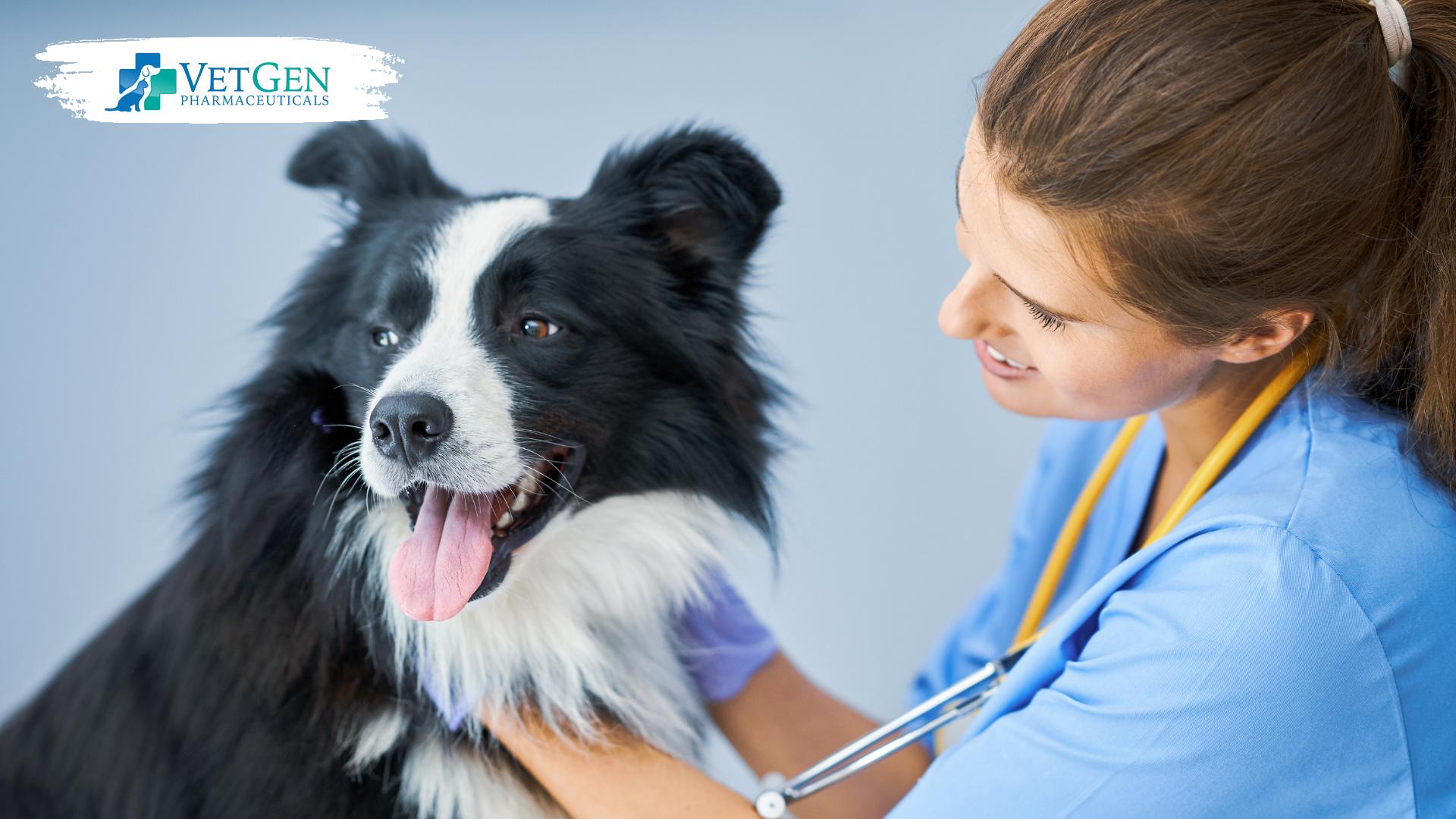
Conclusion
Gastric ulcers in dogs are one of the diseases where if this is left untreated, it will become a problem that might hurt your pet badly. If the symptoms show early, veterinary advice would be the right approach to accurate diagnosis and proper therapy. With proper medical intervention and care, dogs recover and lead a healthy, pain-free life. There may be medicines, dietary changes, and in severe cases, surgical interventions. Preventing gastric ulcers depends mainly on proper management of medication, minimizing stress, and feeding them a well-balanced diet.
For pet owners who want the best, VetGen Pharmaceuticals offers veterinary-grade products to ensure their dogs receive the best products for their health and well-being, even when suffering from gastric conditions. Consult your veterinarian for advice before choosing a treatment for your dog. Also, you read about how to manage acid reflux in your dog by experts.
Frequently Asked Questions
What causes gastric ulcers in dogs?
Gastric ulcers may be triggered by various causative factors, for instance, NSAID use, stress, infections, tumors, or even poor diet. The best ways to prevent and handle such cases are through regular check-ups at a veterinarian’s.
How are gastric ulcers in dogs treated?
Antacids, proton pump inhibitors, antibiotics in dogs, and dietary changes are the usual treatments. In advanced situations, surgery becomes the ultimate choice.
Are gastric ulcers in dogs preventable?
Yes, prevention of gastric ulcers involves management of factors like careful medication use, reduction of stress, provision of a balanced diet in dogs, and regular vet checkups.

